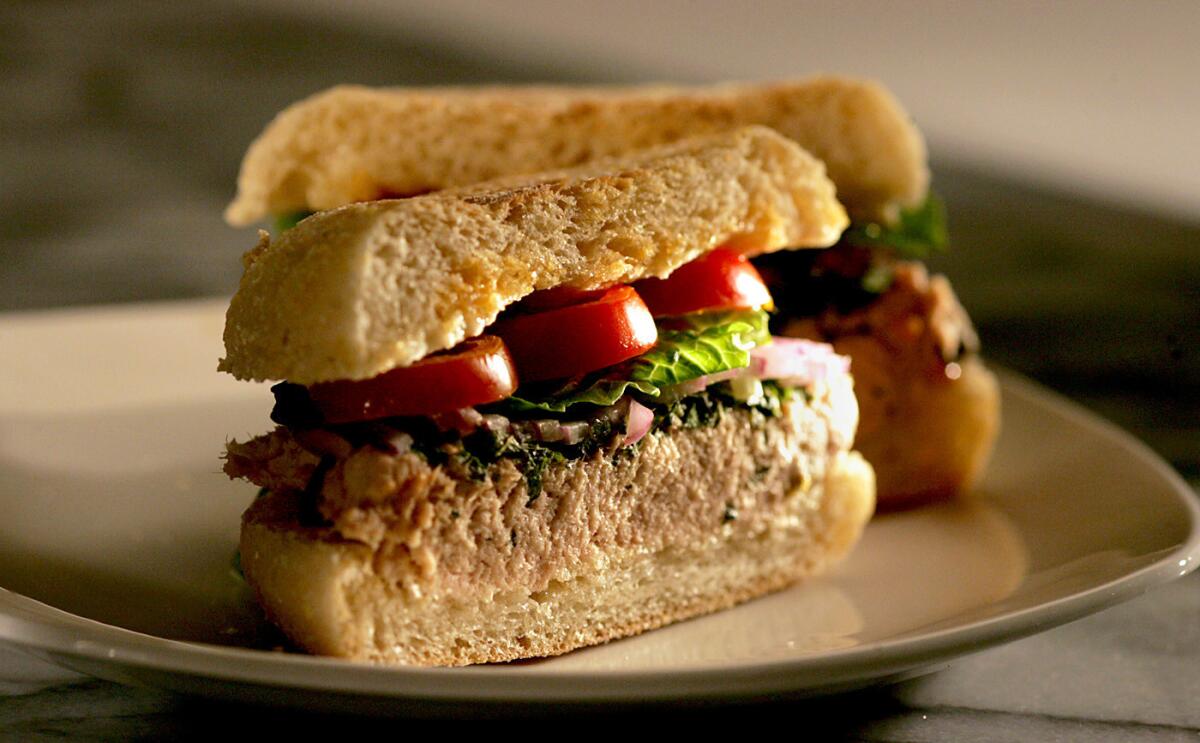Four thought leaders weigh in on the new dietary guidelines

What will the new dietary guidelines mean to you? We’ve asked four thought leaders for their take on the new recommendations:
Gary Foster, the chief scientific officer for Weight Watchers: “I thought they were great,” he said, adding that he also liked the “behavioral” recommendations. He said he doesn’t agree with blanket statements that “this food is good, this food is evil” and appreciates the guidelines’ recommendations to “eat more of this, eat less of that” — as in, eat more vegetables, eat less sugar. That, he said, “is a much more behaviorally sound way to change eating behaviors.” Still, he said that figuring out daily nutritional breakdowns is challenging. “It’s almost like you need an advanced degree in mathematics. You shouldn’t have to do mental gymnastics to dissect a food label and decide what to eat.” He said the average person makes about 200 food decisions a day, and asking people to figure out percentages — as in, no more than 10% of your diet should come from sugar or saturated fats — can make people’s eyes glaze over. He said that is where Weight Watchers excels, helping people simplify the nutritional process into an easy-to-follow points system.
This is what three square meals look like under the new dietary guidelines >>
Celebrity fitness trainer Bob Harper: He says the guidelines fell short on refined sugar. “I feel 10% — I don’t even want to say is a good start. I mean — it’s OK. But I think Americans need to drastically reduce their sugar. I really try to do my part in my own diet to eliminate it as much as possible. Once you start reading your nutrition facts, you start to see hidden sugars in so many things; it becomes a real challenge, but I think if you are able to reduce it more than 10% you’re going to lose weight. You’re going to feel better. I would cut that number in half. I would say 5%.... I would also put artificial sweeteners in there too. I would also want you to eliminate artificial sugars in your diet.... I’m not a fan of any kind of artificial sweetener including stevia.... I like to eat real and whole foods and that to me just seems to work and when I eliminate or drastically reduce any type of sweetener in my diet I just feel so much better.” If you want something sweet, Harper says, reach for whole fruit.
Colette Heimowitz, vice president of nutrition, science and education at Atkins Nutritionals: “For 50% of the population, it’s great,” she said, but noted that as much as 52% of the adult population is grappling with prediabetes and diabetes. “Since those conditions are carbohydrate-intolerant, the guidelines don’t really address those needs. The guidelines have people eating 200-300 grams a day.” (By contrast, she said, the Atkins diet plan recommends 40 to 120 grams of carbohydrates a day, depending upon weight-loss goals and activity levels.) “That’s force-feeding carbohydrates to a population that is carbohydrate-intolerant. However, they did make a very good step in the right direction by decreasing the recommendations for sugar. They did drop the recommendations for cholesterol, so eggs are back in the healthy column. My main concern is the amount of carbohydrates that are still there.... It’s just too many carbohydrates.”
Primal / Paleo expert Mark Sisson, of Mark’s Daily Apple: “It’s a step in the right direction,” he said, but there are a lot of “buts.” “I like the fact that they are talking about [improving] eating patterns, and focusing on food variety and nutrient density. Those are all key concepts.... It’s a little bit easier to rein in the amount of calories you take in when you are trying to eat a variety of nutritionally dense foods, as opposed to sitting down with a bag of Doritos. I like the fact that they are identifying sugar as a culprit, because that’s something the Paleo community has been harping on since Day One.” The “buts”? “Saturated fat isn’t the evil they make it out to be.... They still support grains, and I still have an issue with grains.”
ALSO
New super-foods, from baobab to turkey tail, come with promises and caveats
For vegetarians and vegans, it’s a new world of appealing options
For new dietary guidelines, U.S. panel looks at the whole plate




